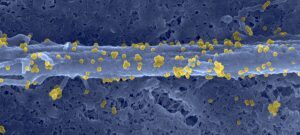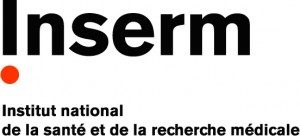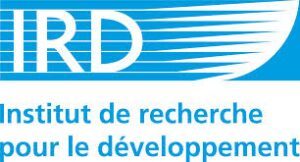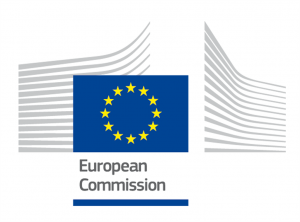Une approche intégrative pour mieux comprendre et combattre
l’encéphalite infectieuse de l’enfant
Les encéphalites sont des infections aigües du système nerveux central associées à des troubles neurologiques. Les étiologies les plus fréquentes sont d’origine bactériennes ou virales. En Asie, les encéphalites aigües sont un enjeu de santé publique majeur puisque celles-ci sont parmi les causes les plus fréquentes d’hospitalisation pédiatrique (virus de dengue, de l’encéphalite japonaise, virus EV71). Malgré des investigations microbiologiques extensives et l’utilisation de tests de biologie moléculaire les plus avancés, l’étiologie des encéphalites reste inconnue dans presque la moitié des cas.
Le programme SEAe (SouthEast Asia encephalitis) a été lancé afin de répondre aux enjeux de santé publique et de recherche que suscitent les encéphalites en Asie du Sud-Est. Cette initiative inter-institutionnelle et multidisciplinaire majeure implique à l’heure actuelle quatre pays du Sud-Est Asiatique (Cambodge, Laos, Vietnam et Birmanie), et la France. Ce programme a pour objectif :
- De renforcer les capacités de diagnostic et de prise en charge clinique des patients atteints d’encéphalite ;
- De développer les connaissances biomédicales sur les encéphalites (e.g. physiopathologie, séquelles à long terme, …) ;
- De générer des données extensives sur les étiologies, fréquentes ou rares, des encéphalites ;
- D’identifier des agents pathogènes responsables de cas d’encéphalite inconnus à ce jour ;
- D’identifier et analyser les facteurs liés aux regroupements de cas d’encéphalite en intégrant les facteurs de santé humaine, de santé animale et environnementaux dans une approche dite « One Health » ;
- D’émettre des recommandations à l’intention des autorités de santé publiques locales et aider à la mise en œuvre d’un système de surveillance régional qui aide à définir les politiques de prévention et de vaccination et prépare aux risques infectieux émergents.























